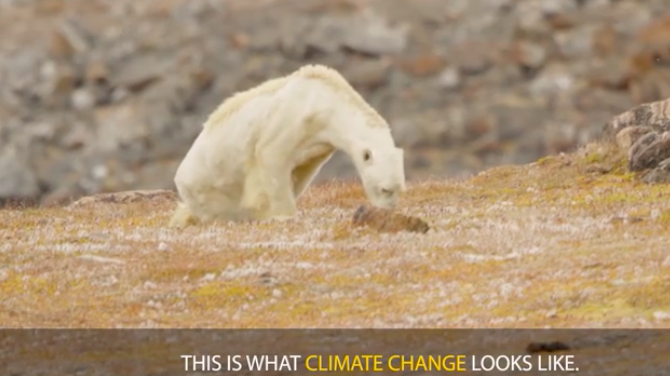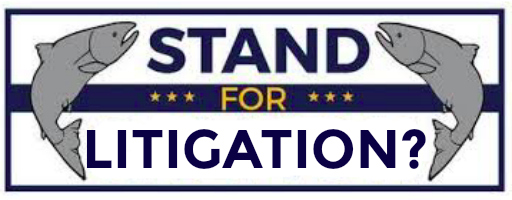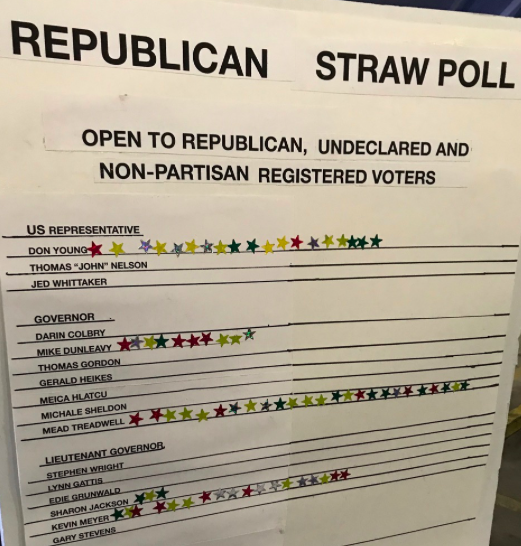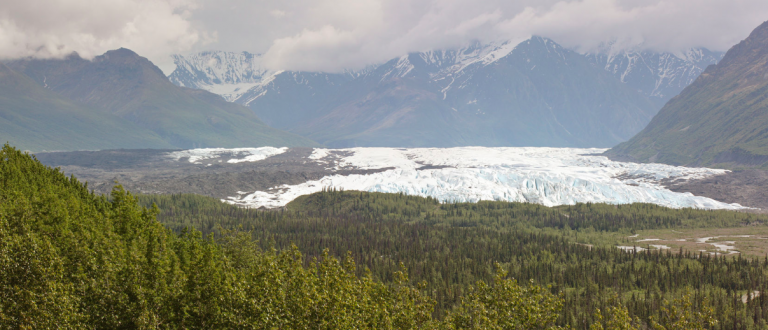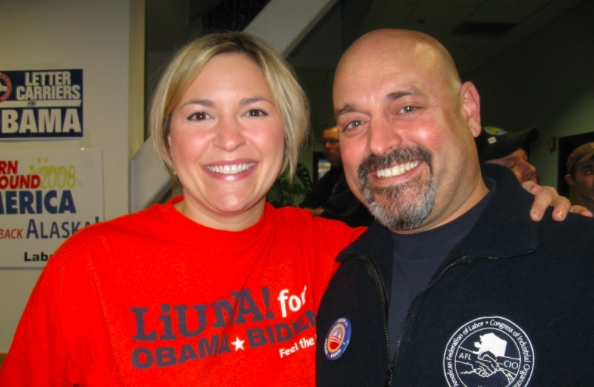AND OTHER INTRIGUES OF THE PRIMARY ELECTION SEASON
One of the more discussed writings last week came from Charles Wohlforth, a left-leaning columnist for the Anchorage Daily News (hat tip, Chuck).
Wohlforth revealed that private conversations are taking place between Alaska Democratic Party nominee Mark Begich and petition candidate Gov. Bill Walker.
Hollis French is the man trying to broker a deal.
French, a former state senator, was the winning lieutenant governor nominee for the Democrats in 2014, until his party leadership showed him the door and created the hybrid ticket with Walker on top, and Byron Mallott as lieutenant governor.
French, it appears, is negotiating on behalf of Begich, in spite of the fact that Walker finally landed him a good job at the Alaska Oil and Gas Conservation Commission as a reward for stepping down from his candidacy.

Wohlforth got his hands on A Proposal for Solving the Three-Way Race,perhaps written by French, perhaps collaborated on by others who are advocating the position: “For the love of God, no three-way race for governor, please.”
Wohlforth wrote that French crafted a deal, and Begich made Walker an offer.
Walker, so the story goes, said “No way, not dropping out.”
GAME OF CHICKEN CONTINUES
Sitting governors do not drop out of the race. They love being governor, especially in Alaska, where we have a strong governorship that wields buckets of power. It’s an honor and a chance to make changes that are important to them, and leave a legacy. They don’t just give up, and nor will Alaska’s 11th governor, Bill Walker. It is unreasonable to expect them to.
Neither do former U.S. senators, especially those with the last name of Begich. A guy like Mark Begich, who was Alaska’s 7th elected U.S. senator, is not going to throw in the towel and hand victory to a guy like Walker, who he considers a bumbling tangle of ineptitude.
Or will he? Word is that Begich is worried about Walker’s advantage of incumbency and is afraid of performing poorly in the race. His traditional backers in Big Labor are not lining up behind him this time.
THE ULTIMATE POLL APPROACHES
But the big test comes on Aug. 21: As much as Hollis French proposes some well-timed polls and asks the weaker one to be a gentleman and drop out for the sake of Alaska, the ultimate poll for Begich starts with early voting today, Aug. 6. He could get about 40,000 votes by Aug. 21 from Democrats, nonpartisans, and undeclared. These are the votes that will propel him to November.
After the primary, he’ll show the Walker folks his math: “I’ve got 40,000 votes to start with. What do you have?” They’ll have until Sept. 5 to crowd each other out of the race before ballots are printed for November.
There are about 75,000 registered Democrats in the state and another 84,440 who register as nonpartisan, the latter of which have a strong tendency to vote Democrat.
Especially coveted are those nonpartisans, who vote in higher numbers than the registered undeclared voters.
THE PSYCHOLOGY OF THE VOTER
Let’s take a look at the regular Alaska voter, not the one who thinks about strategic machinations.
We can count on Democrats and nonpartisan voters choosing the Democrat ballot on Aug. 21.
At the top of that ballot, they”ll see a crowded race: Christopher Cumings, Alyse Galvin, Carol Hafner, and Demitri Shein for U.S. House, all running as Democrats. Voters will fill in an oval.
Then they’ll drop down to the next section: Governor. There, they will choose between Mark Begich, the only Democrat running since Walker dropped out and decided to run as a petition candidate, and Libertarian candidate Billy Toien.
Are they going to skip over voting for governor? Will they then skip over voting for Democrat Debra Call for lieutenant governor during the primary? There goes half the ballot, if they do.
Take a look at that ballot — will voters just not vote in two of the four races?

What Begich has to be concerned about is the drop off between those voting in the U.S. House race at the top of the page, and those voting for him for governor. If there’s a 10,000 vote drop off, those are voters who are sticking with Walker. They’ve figured out that by voting for Begich in the primary, they embolden him and strengthen his ticket for the General.
For both Walker and Begich, this primary is a defining moment.
Walker also has to be concerned about the psychology of the voter facing a primary ballot: The real excitement in this election is the governor’s race, and anyone who votes for Begich in the primary will be likely to vote for him again in November.
Walker’s campaign, unlike Begich’s, has to figure out how to convince people to not take part in that excitement, and not vote that part of the ballot, because it psychologically commits them for the General Election.
It’s an awkward task, but the best way to ensure Begich doesn’t get that psychologically valuable vote in August is for the governor to make the pitch (somehow) that Democrats shouldn’t vote at all, lest they make the mistake of casting a vote for Begich. Awkward. And not at all helpful for Democrats in other races.
Check out a sample ballot for District 20 Democrats above and you’ll see what will make Bill Walker a bit nervous: His name is missing again, just as it was in 2014, but this time, he doesn’t have to talk Byron Mallott into dropping down into the second spot. He has to talk Begich into spending more time with his family.
It makes the governor’s “Unity Ticket” of 2014 seem so simple.
